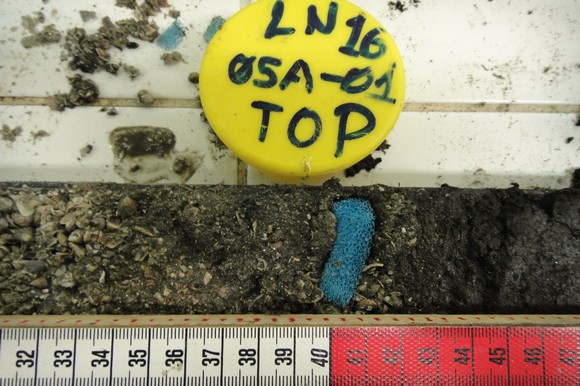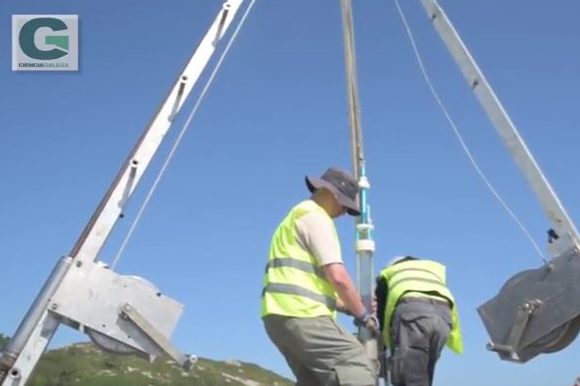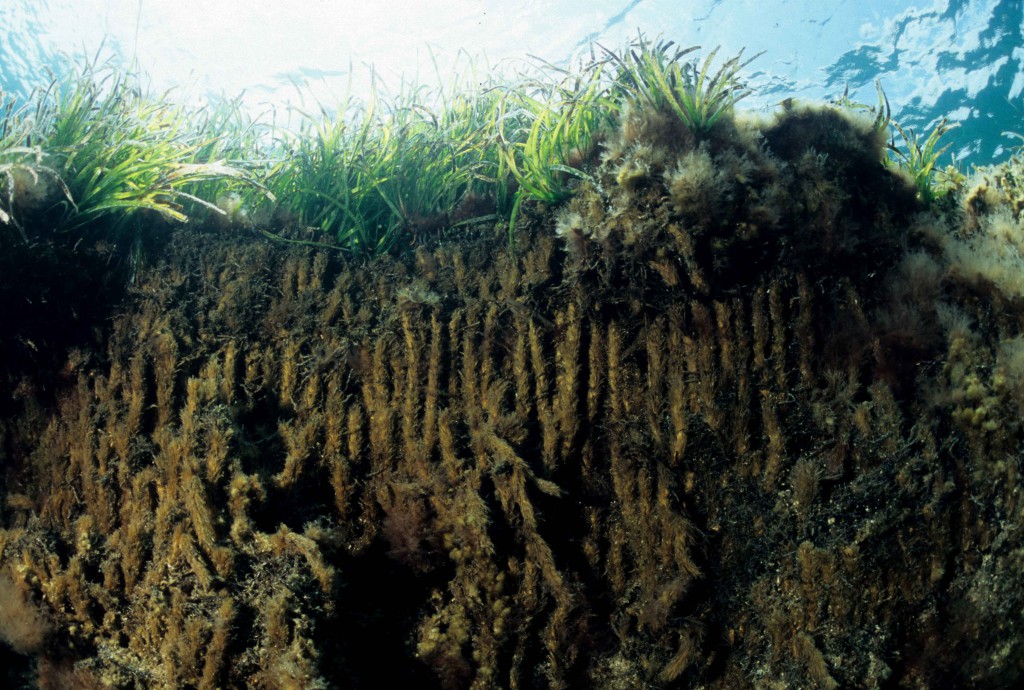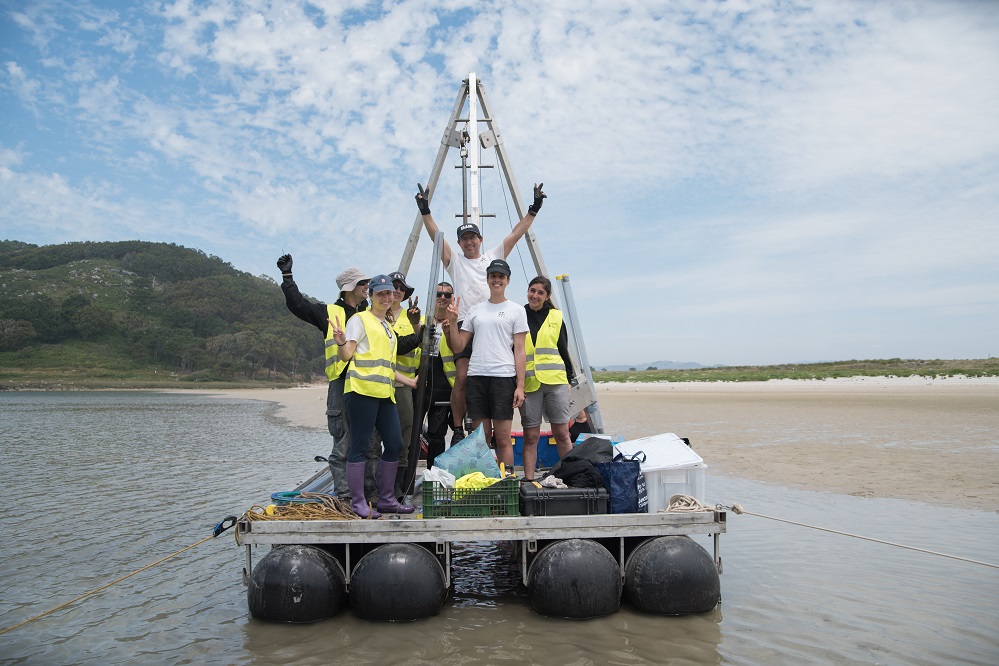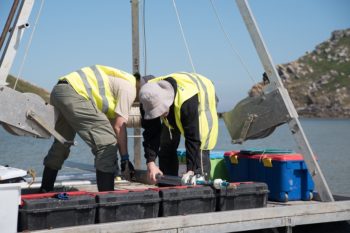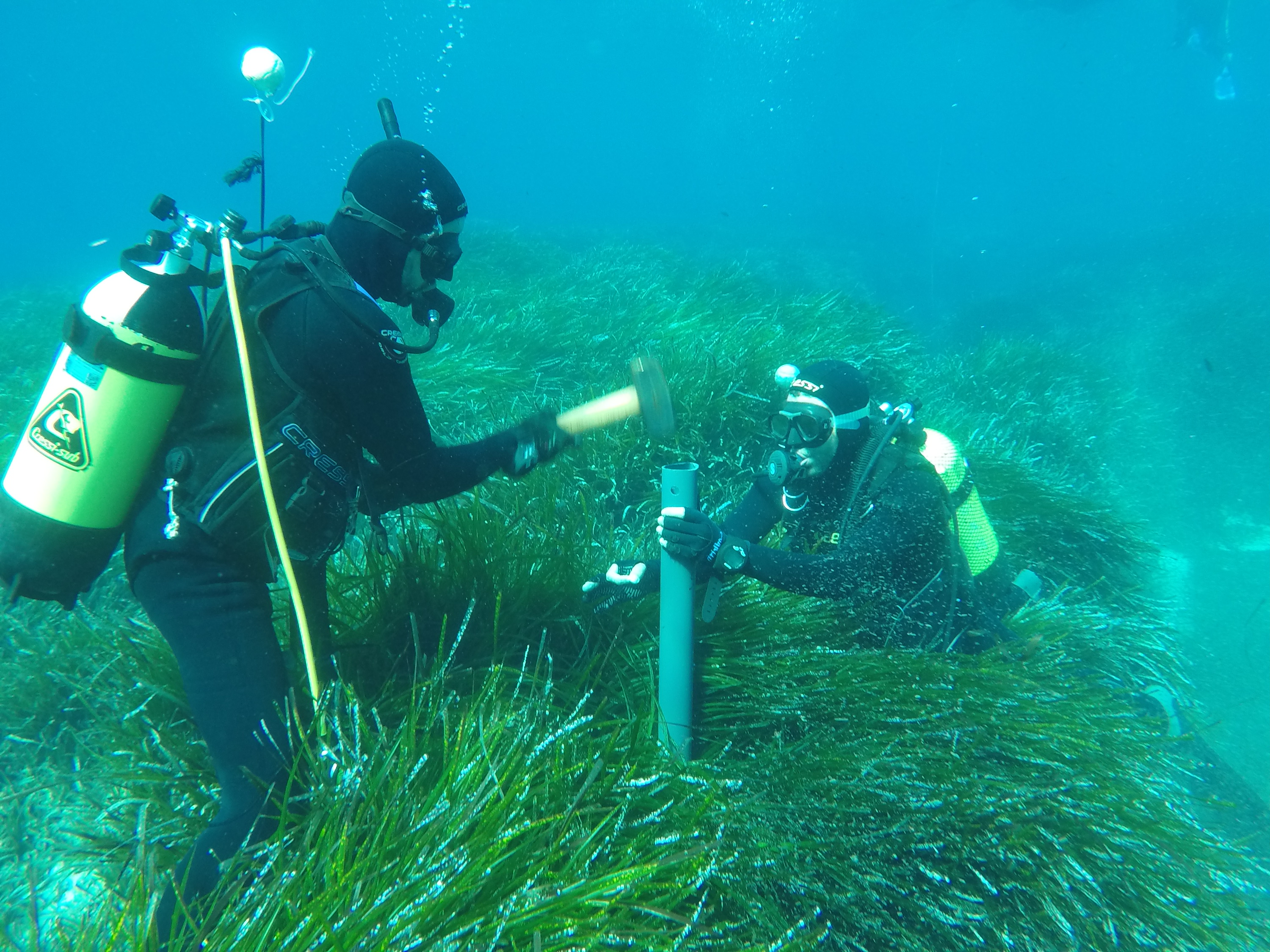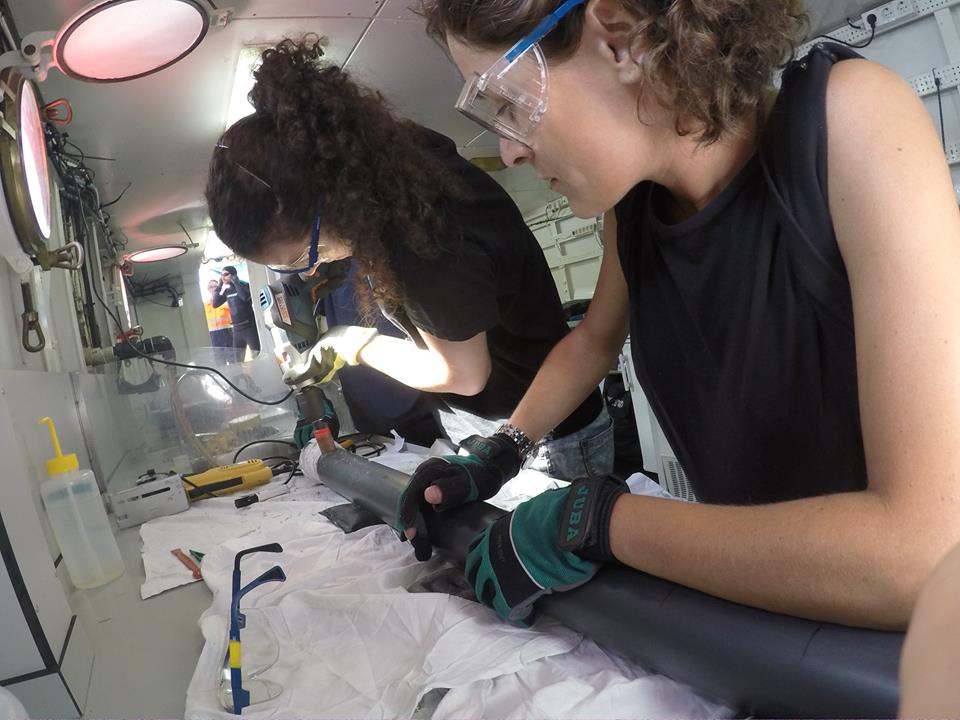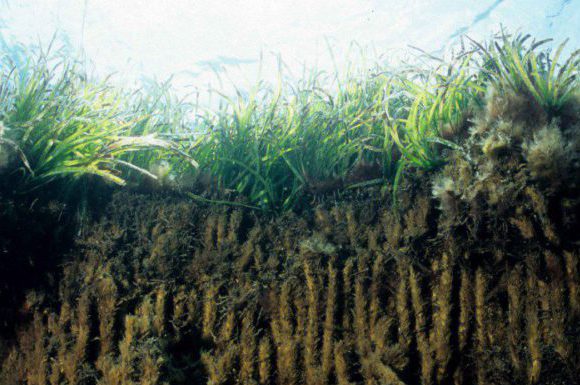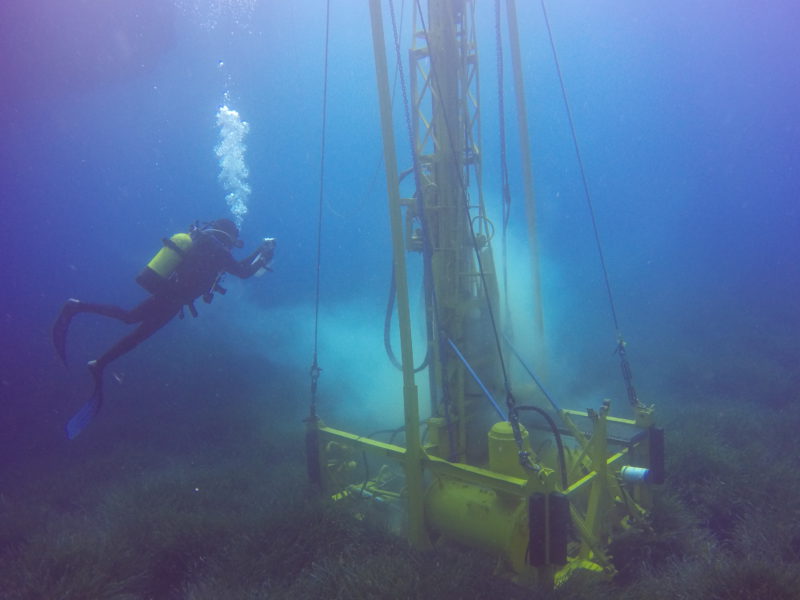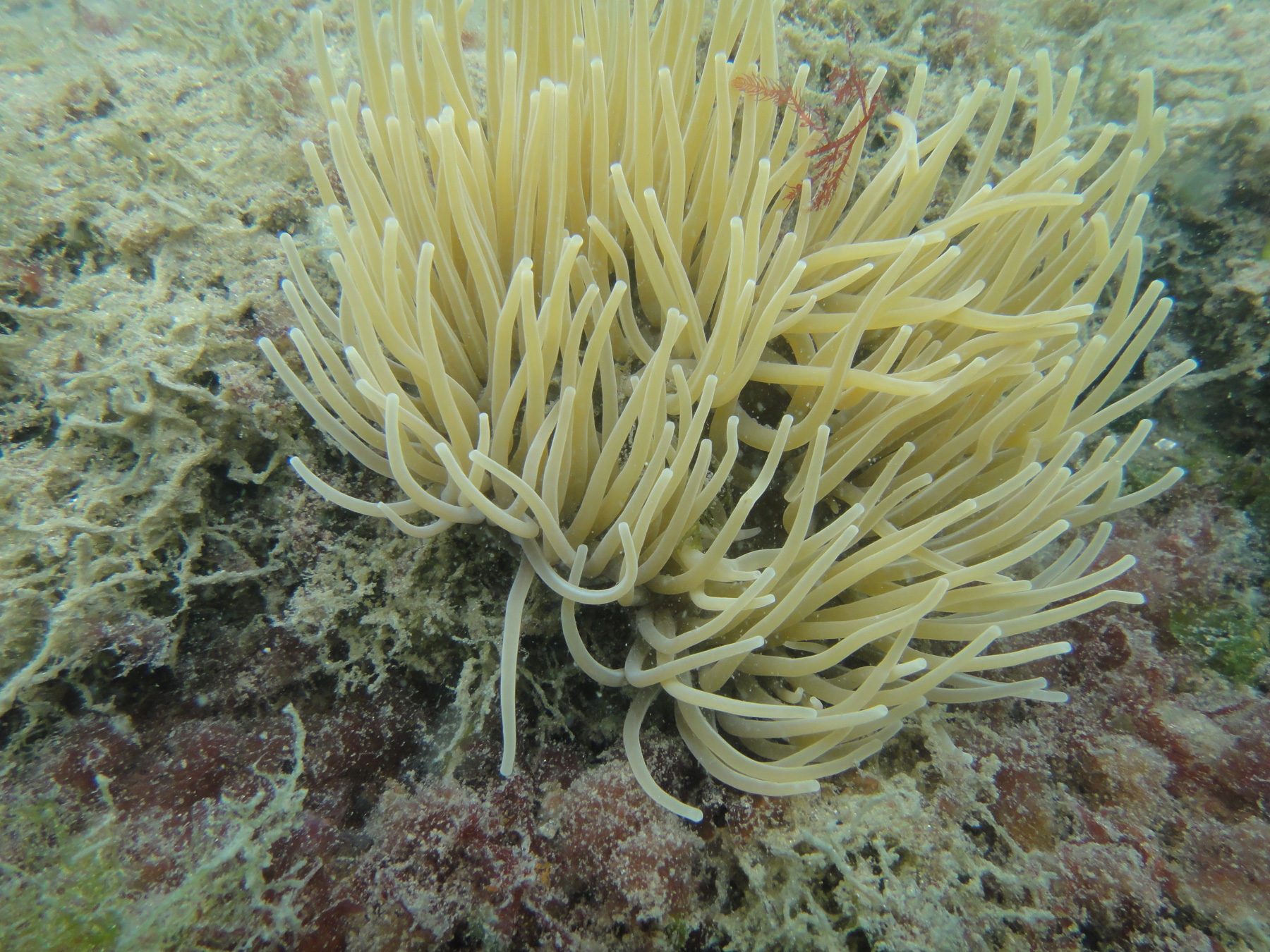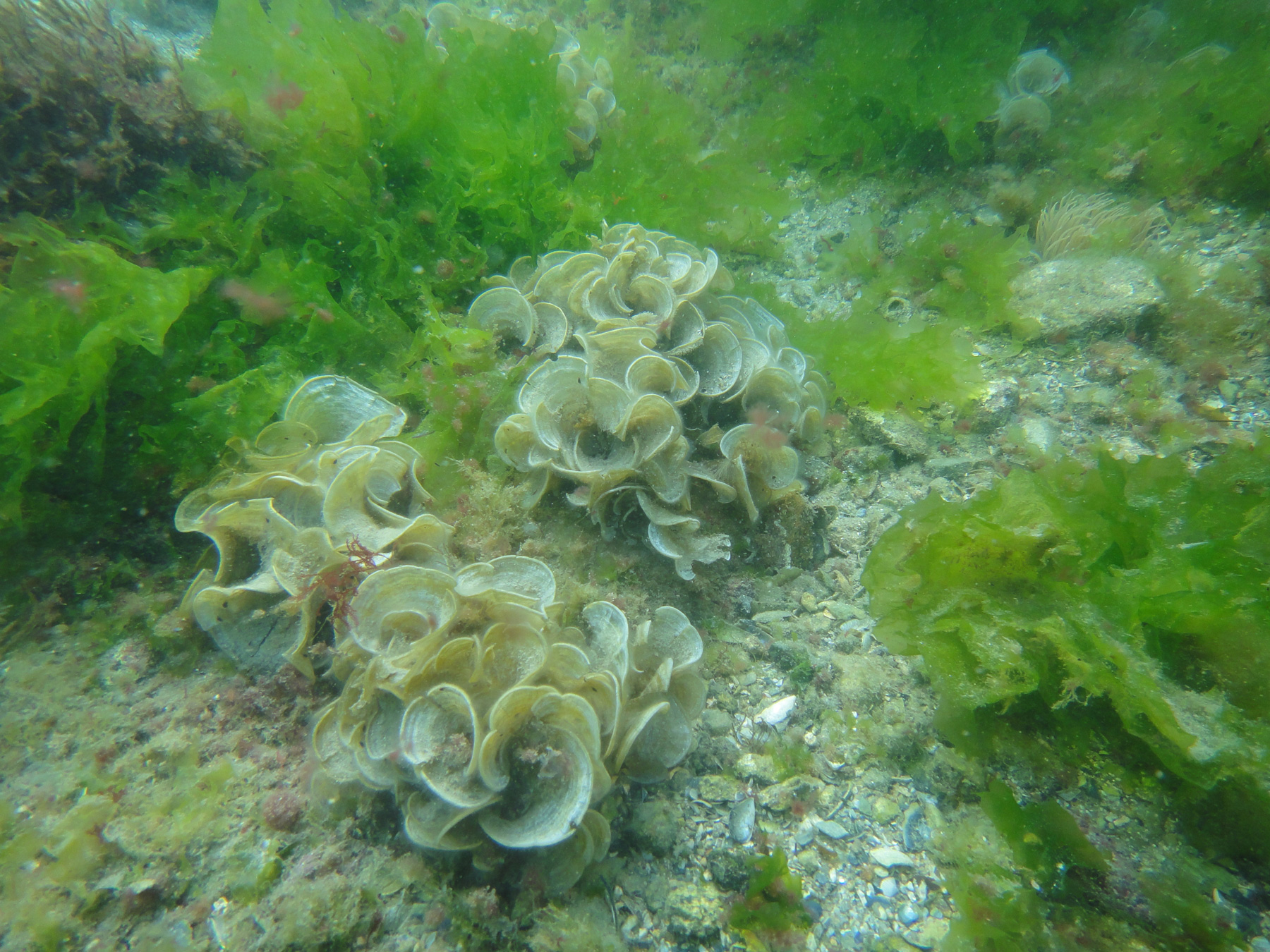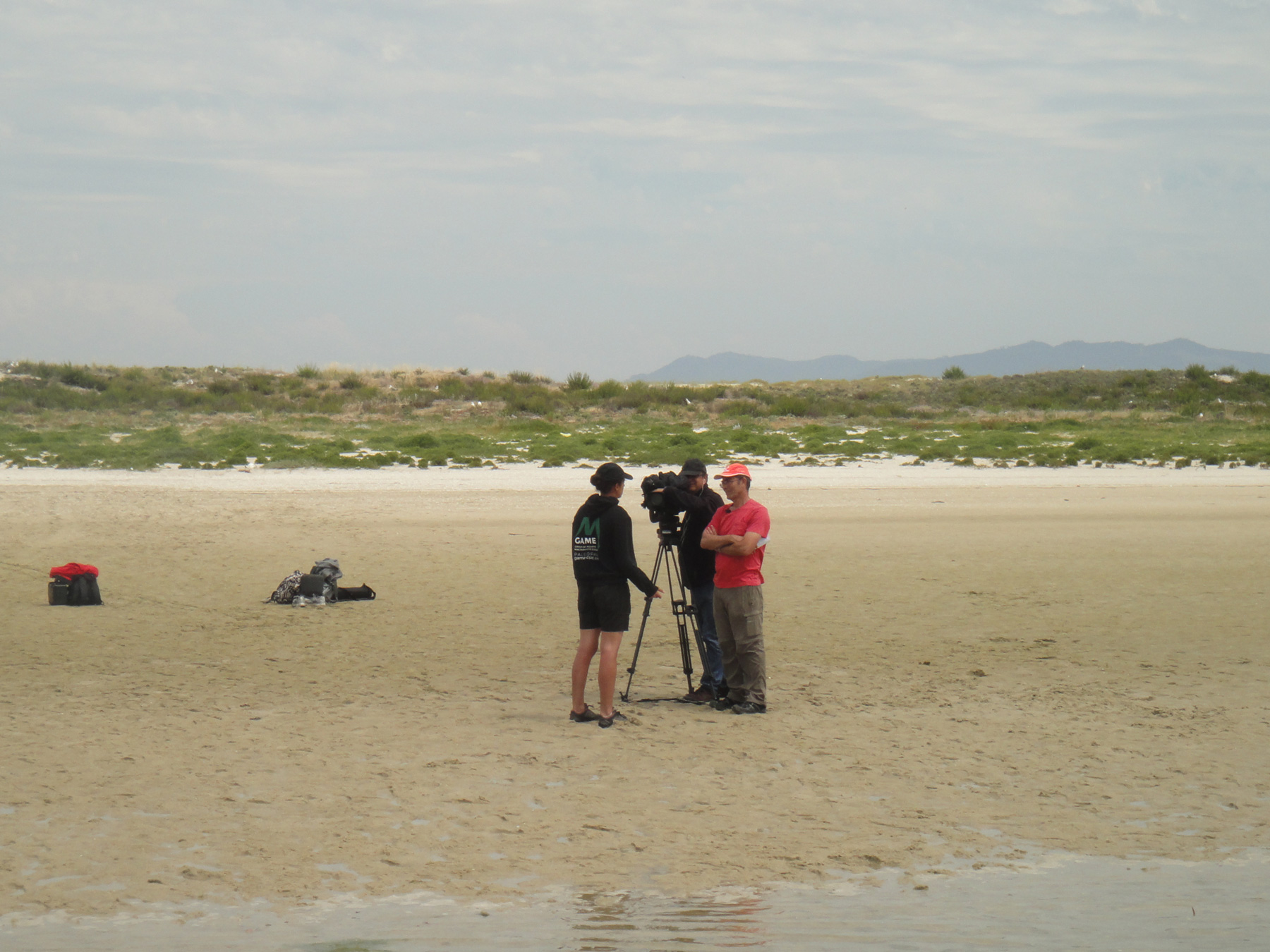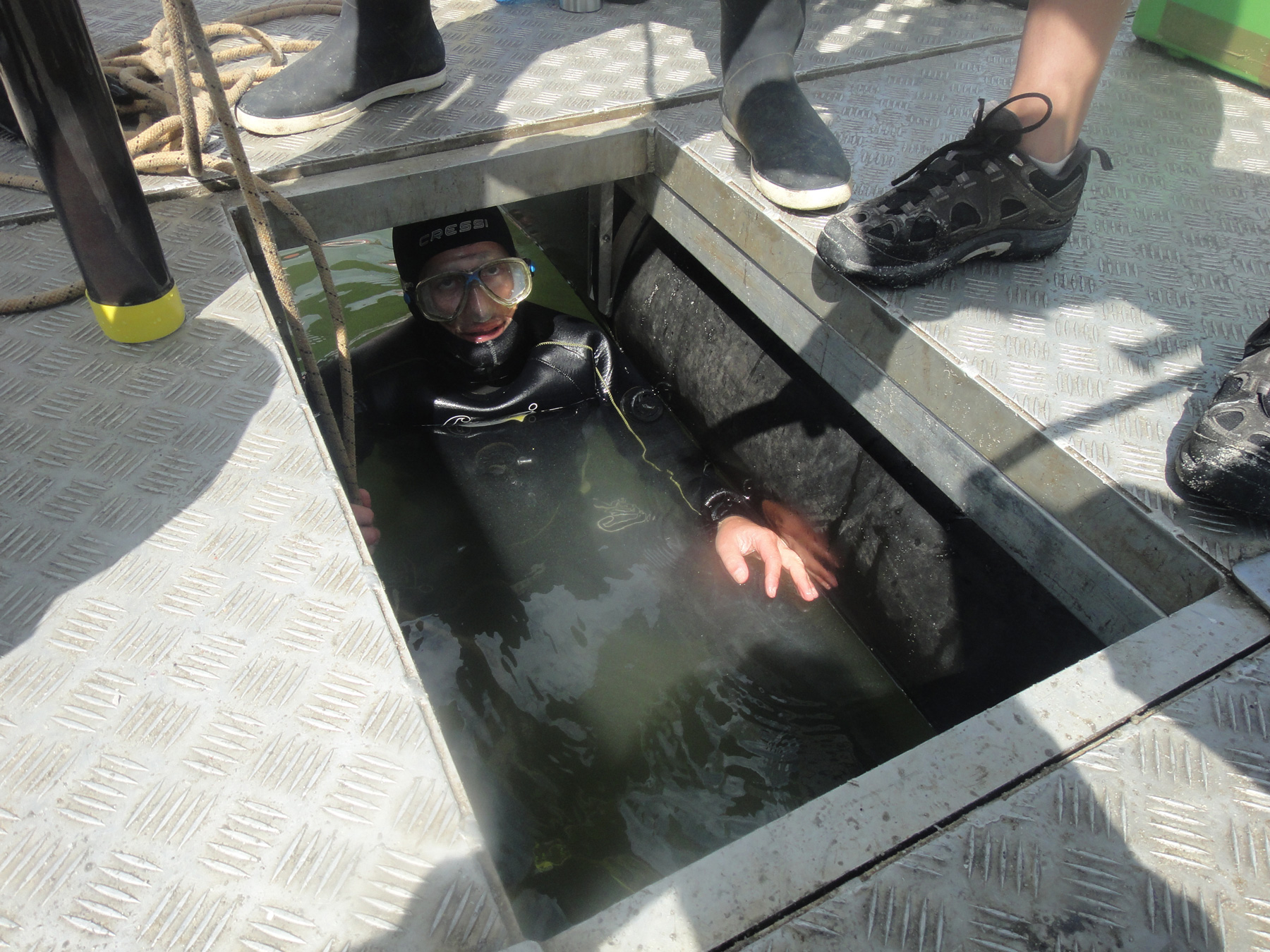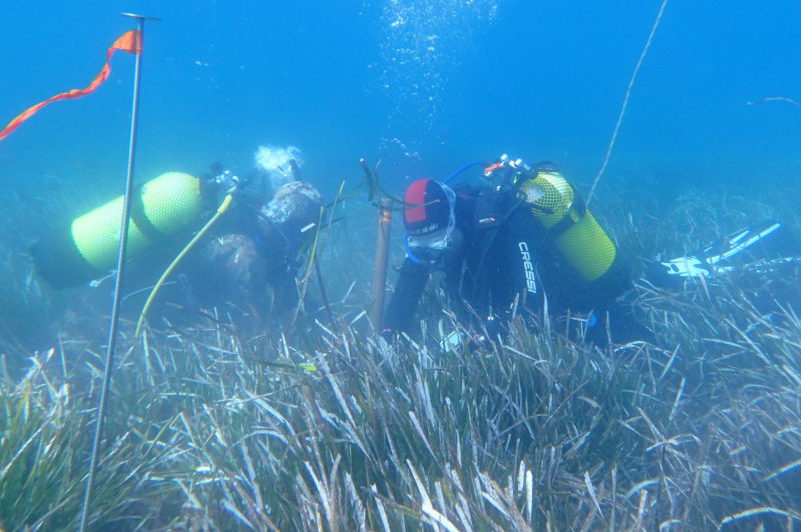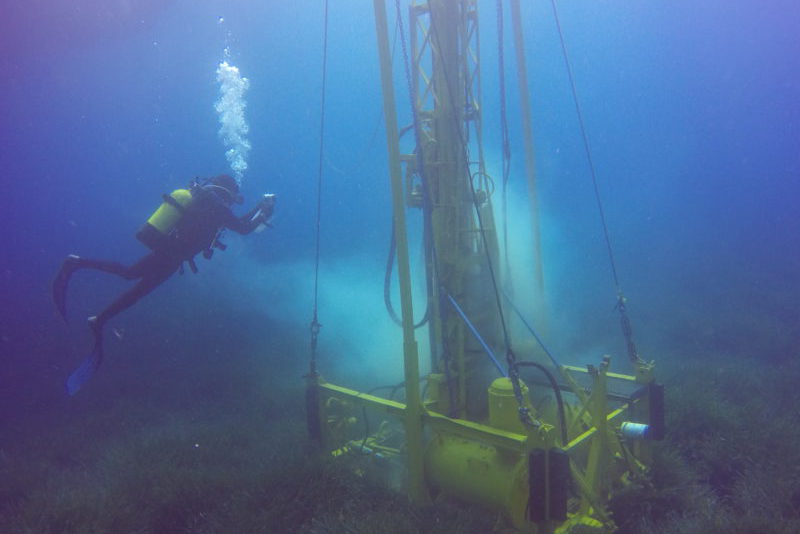Summary
Millenary changes in the insular Spanish National Parks: perturbations, resilience and trends after the seagrass archives”, 2014-2018 Throughout the world, increasing human population densities along the coast are resulting in high disturbances and impacts to the coastal environment. Paleo-reconstructions can provide valuable insights in to these impacts and on the responses of the respective ecosystems. PALEOARK aims to use paleo-archives as tools for the reconstruction of the dynamics of coastal and terrestrial ecosystems in the Spanish insular National Parks, to highlight interactions with natural and anthropogenic perturbations as well as to assess and price the carbon stocks and fluxes associated to the seagrass sediments. This will help to differentiate between human and natural derived impacts of perturbation in order to predict the evolution of invasive species and quantify the effects of CO2 rise in coastal and terrestrial ecosystems. The objectives will be achieved by the participation of an international consortium of 25 researchers that will study geological, chemical, micro-paleontological, molecular, genetic, palinological, and isotopic proxies, together with archaeological and historical information available about the two Spanish Insular National Parks.
Related news
Stable isotopes: a tool for palaeo-ecological studies
GCiencia acompaña a GAME en un día de campaña en Islas Cíes
Aprobados 3 abstracts de GAME en el congreso internacional ASLO en Honolulu
Image gallery
Publications
There are not publications with these criteriaDetails
Reference: 1104/2014
Start date: 01/01/2014
End date: 31/12/2017
Email: mateo@ceab.csic.es
Research Areas
Global and climate change > Carbon stocks

